There is only one rule for being a good talker – learn to listen. Christopher Morley
Just this week I was asked to participate in a splendid article written by Bill Briggs of the Fred Hutchinson Cancer Research Center in Seattle about family caregivers “Finding their calling: Why cancer caregivers join cause”. Bill’s questions to me were thought provoking and struck me at my inner core and caused me to ask myself, “Why am I an advocate?”
After pondering Bill’s questions about caregivers finding their calling, I am reminded about a book my good friends Joni Aldrich and Christopher Jerry wrote entitled Advocacy Heals U…Yes advocacy does heal us!
I do believe family caregivers find a calling through caregiving. Family caregivers have an innate ability to understand each other; to validate another caregiver’s feelings, just when the time is right. That is why I believe it so important for every family caregiver, (as they feel comfortable) to share their story, because when you have been in the caregiving trenches, you understand the agony… and the joy that caregiving brings to a relationship. Sharing your caregiving experience is not only therapeutic, it helps current and future family caregivers cope and understand. That’s why so many people find their calling after caregiving ends. Through story telling, we impact the lives of others, while allowing advocacy to play a key role in our own healing when our loved one life transitions and caregiving ends. (Thank You Joni and Chris!)
Family caregivers are changing the landscape in America. Take for instance the working family caregiver who advocates for paid time off of work to care for their elderly parent or a disabled spouse. This reminds me of the child care crisis in the 70’s when employers recognized that they were losing good employees because there was no legal protection in place for employees to take time off of work to care for a new born or sick child. By 1993 FLMA was enacted  while employers made adjustments in personnel policies to accommodate working parents. Now changes in FLMA are being proposed through local, state and nation wide legislation to impact the lives of family caregivers. This is happening not only because caregivers are sharing their stories, this is happening because family caregiving is taking place in every neighborhood, and in every boardroom. While in the midst of caregiving, we as family Caregivers do not recognize that we are the backbone of the American Health Care System. Yet when caregiving ends, and we have time to reflect on our time spent as a caregiver, we come to recognize the important role we played as an advocate. That is why we as caregivers, continue on with our mission; to share, to educate, and to heal.
while employers made adjustments in personnel policies to accommodate working parents. Now changes in FLMA are being proposed through local, state and nation wide legislation to impact the lives of family caregivers. This is happening not only because caregivers are sharing their stories, this is happening because family caregiving is taking place in every neighborhood, and in every boardroom. While in the midst of caregiving, we as family Caregivers do not recognize that we are the backbone of the American Health Care System. Yet when caregiving ends, and we have time to reflect on our time spent as a caregiver, we come to recognize the important role we played as an advocate. That is why we as caregivers, continue on with our mission; to share, to educate, and to heal.

Even though Richard was 20+ years older than me, caregiving was the farthest thing on our mind when we started to develop our beautiful relationship. Caregiving is not on anyone’s bucket list, Caregiving just happens. The family caregiver is the unsung hero, and each an every one of us is an expectant caregiver. I often relate caregivers to that of being a Servant Leader, putting the needs of someone else, first. When Richard was diagnosed with esophageal cancer, we came up with a motto that got us through the day. “We Might Have Cancer, But Cancer Never Has Us.” Now, more than two years past his life transition, our motto is still the same, we just use it differently to positively impact the lives of other family caregivers. Because that is what family caregivers do!
Join us in Chicago for the 1st Annual National Caregiving Conference on December 2 & 3. Register now by clicking here!
Chris MacLellan is the author of “What’s The Deal with Caregiving?” and host of “Healing Ties” Radio. ©WholeCareNetwork



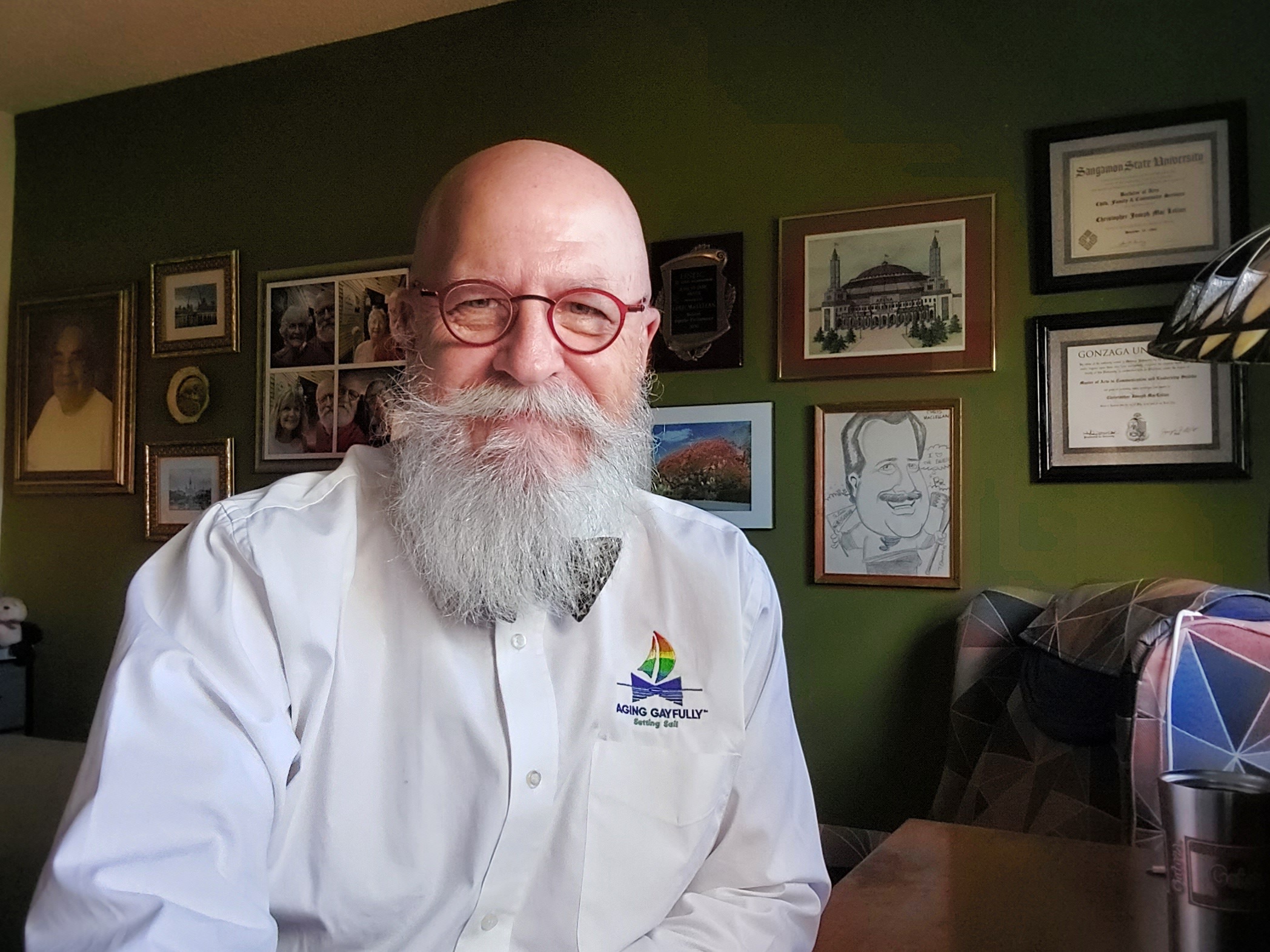
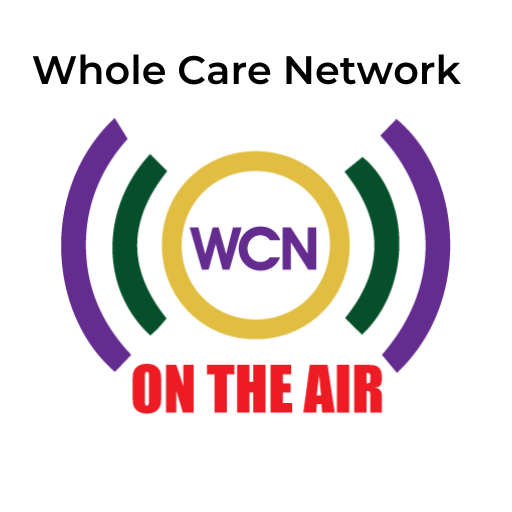
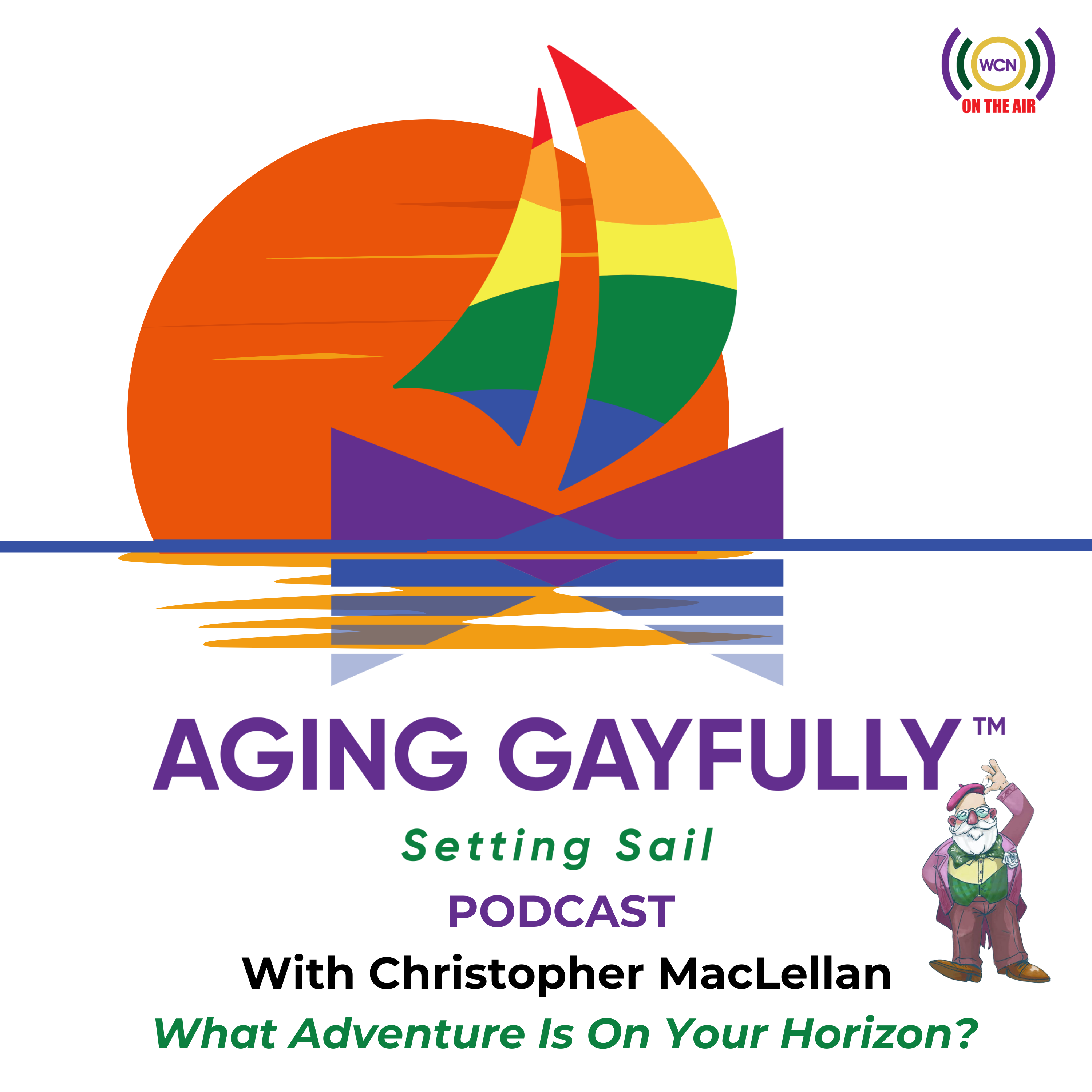
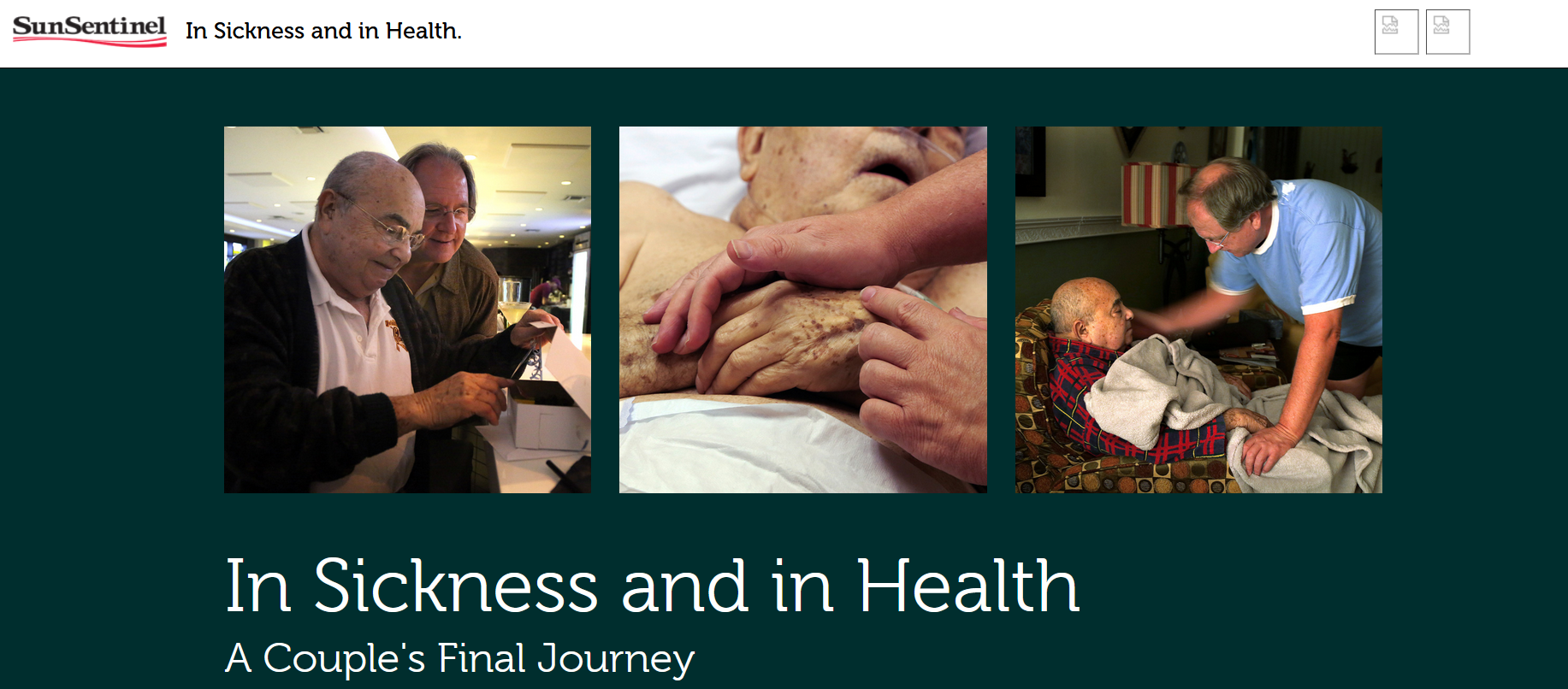



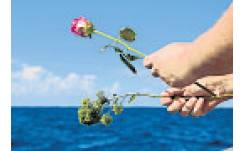





I absolutely loved this post. Having provided my wife’s care for the last 18 months during her successful battle with breast cancer, this was perfectly on point and mirrored my own experiences.
#teamkim
Navy Chief, Navy Pride
LikeLiked by 1 person
Thanks Joe for taking the time to write and share a bit of your story. Glad to know of your wife’s successful battle with breast cancer, AWESOME!
LikeLike
That is a great story. My care giving was made very difficult by the current economic policy of referring people to palliative care as early as possible. The health service seemed to be pushing patients on to palliative care before it was needed or wanted. It achieved nothing but caused a great deal of extra stress. There seemed to be no concern at all for the welfare of patients, it seemed to be a pruely economic policy aimed at potientially reducing overall hospital costs.
LikeLike
Thanks so much for your insight and comments. When economics play a role in our caregiving duties, no body wins!
LikeLiked by 1 person